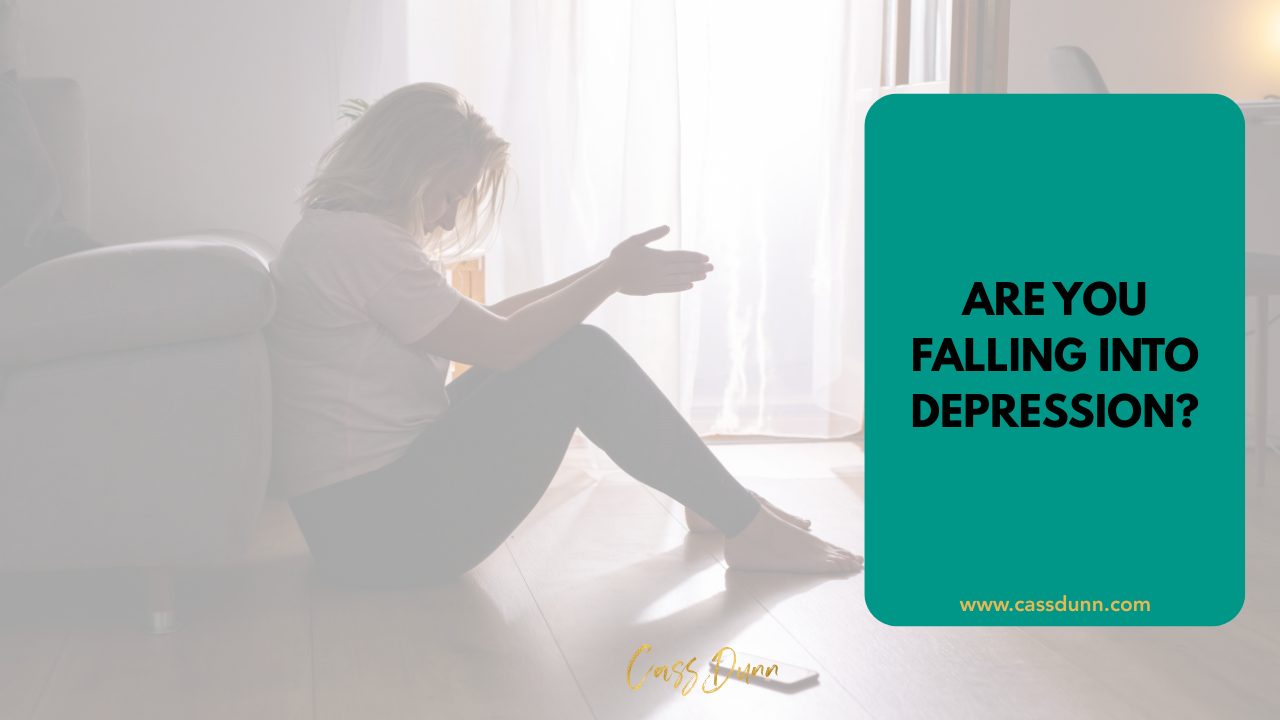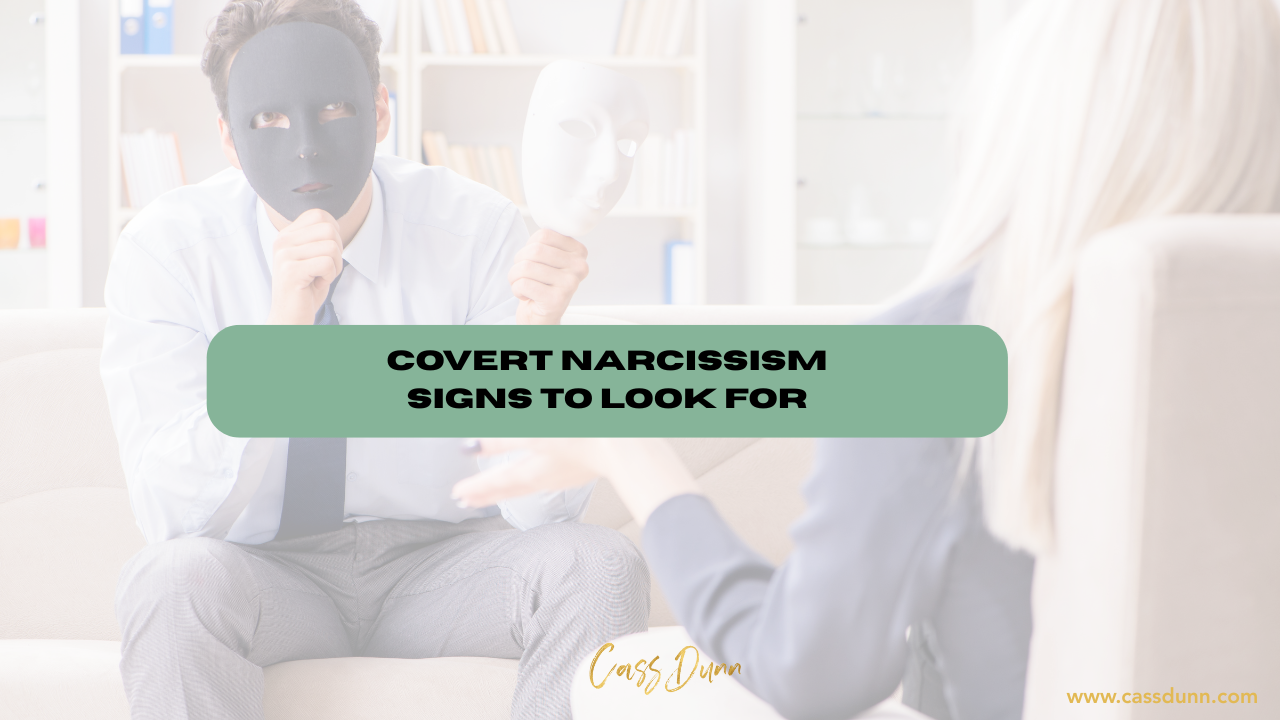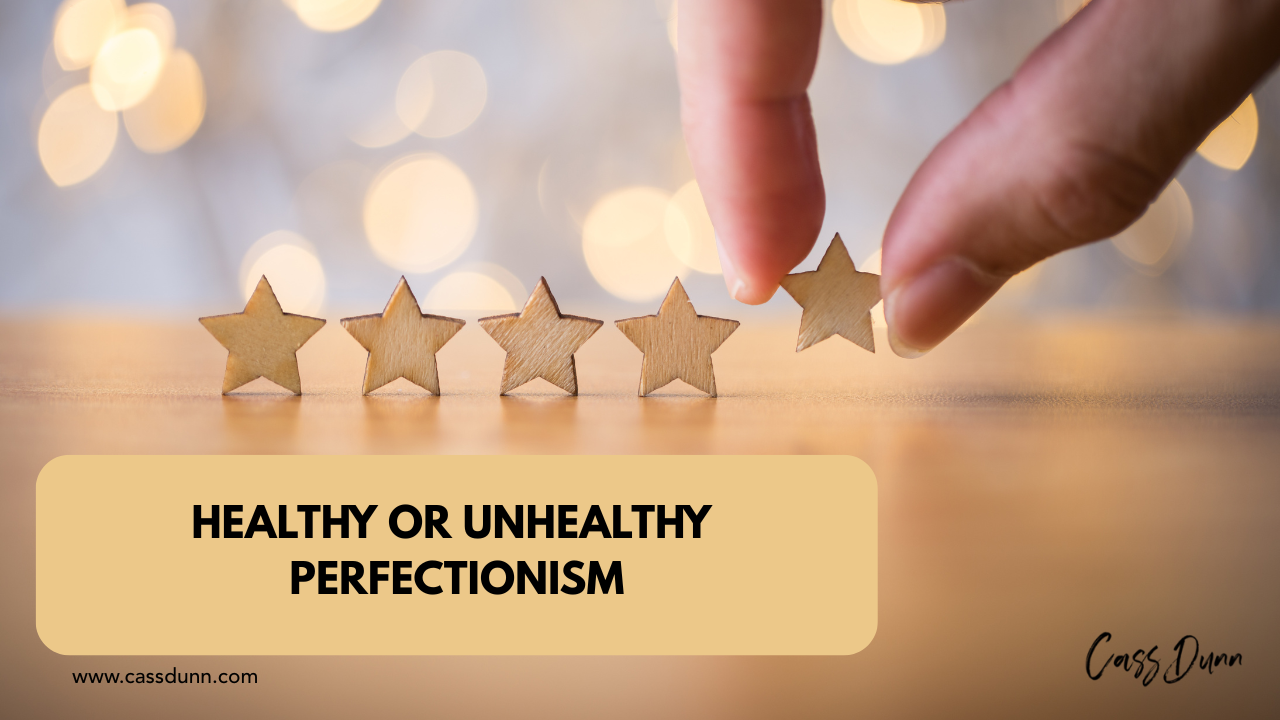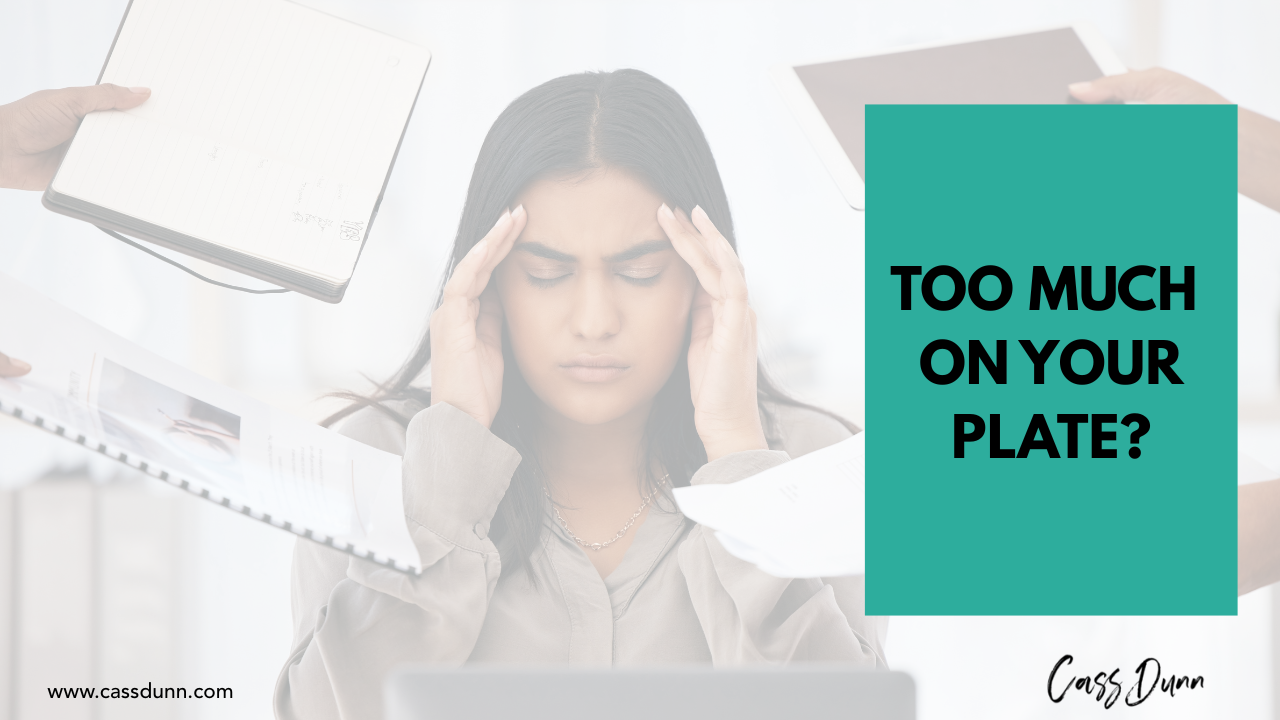Recognising early signs of depression
Apr 21, 2019
Everyone has good days and bad days. Some days you might feel flat or sad or lacking in motivation for no real reason (or perhaps, at times, with very good reason). These ups and downs are normal and part of the whole human experience. As lovely as it would be to feel happy all the time, that’s simply not a realistic expectation.
For some people though, those low moods can become so frequent and intense that it affects their quality of life and the ability to function normally. As many as one million Australian adults will experience depression in any given year and almost half the population will experience some form of mental illness in their lifetime (depression, anxiety and substance use disorder being the most common, and often overlapping, conditions).
Depression is serious but many people suffering from depression (or other mood disorders) never access professional help. Sometimes that’s because of the stigma associated with mental illness but it can also be because people don’t realise that what they are experiencing is no longer within the range of ‘normal’ fluctuations in mood. Especially if you’ve been suffering with mood disturbances for a long time, it can be easy to settle into living with a low mood, low energy and motivation and lose sight of the possibility that there could be a happier and more fulfilling way to live.
Symptoms of depression can look and feel different for different people. Many people associate it with crying and feeling sad but for some people it’s more a case of losing interest in things that you used to enjoy doing, struggling with energy and motivation, withdrawing socially, neglecting responsibilities like work (calling in sick), school assignments, housework or parenting, and feeling hopeless or worthless.
Depression can also affect sleeping and eating habits but many people fail to register changes in biological functions as being related to a mood disorder.
There are lots of self-care strategies you can try for yourself that are proven to help alleviate the symptoms of depression, until you’re able to talk to a professional.
Some proven effective strategies include:
1. Exercise
Studies have shown that 30 minutes of moderate exercise, 5 days per week can be as effective as anti-depressant medication in reducing depressive symptoms for people with mild to moderate levels of depression. Remember though – lack of motivation is a symptom of depression so as best as you can, don’t wait until you feel like it – treat it like a prescription and just do it. If you can recruit a friend to join you in a walk or whatever other movement feels manageable, that can really help when you struggle to make the effort on your own.
2. Talking to someone
Talking to a professional is ideal but it’s also important to stay socially connected. Depression is often characterised by social withdrawal and isolation. You might feel like you wouldn’t be good company or perhaps it’s that lack of energy and motivation that keeps you from reaching out and engaging with others. Again, the key is to ignore the voice that tells you otherwise and make yourself available for connected conversations.
3. Find pleasure
It’s important to do something every day that makes you feel good. Things like having a warm bath, watching a movie, playing with your dog or putting your favourite music on can help turn your mood around long enough that you feel encouraged to do something else like phone a friend or go out for a walk. Taking small steps to shift your state and turn a downward spiralling mood into an upward spiral will help you get there faster.
4. Check your self-talk
Negative, self-critical, problem focused thinking is characteristic of depression. The problem is that most of us tend to over-identify with the thoughts in our head, which is to say rather than seeing them for what they are, which is just a bunch of random ideas floating across your mind – we believe them to be true. It may come as a surprise to you but guess what – thoughts aren’t facts.
Learning to see your thoughts for what they are and not believe everything your mind tells you is a key step in getting out of the negative loop of depression.
5. Get something done
You can slow down the negative spiral of low energy -> low motivation -> do nothing -> feel guilty -> beat yourself up -> get more depressed.... by doing something that gives you a small sense of achievement. It could be something like putting away your clothes or washing the dishes.
We’re not talking about writing your novel or spring-cleaning your whole house here! When you’re feeling down, everything can feel overwhelming and you don’t know where to start. Just doing one small thing can give you a sense of satisfaction and a little hit of dopamine to start moving that spiral in a more upwards direction.
Of course, the first step if you think you might be depressed is always to see your GP who can refer you to a psychologist or other mental health professional. There are so many great treatment options out there and you don’t have to suffer alone.

P.S. One of the most effective non-medical treatments for depression, especially for people who have a history of low mood, is learning and practising mindfulness. I'm trained in Mindfulness Based Cognitive Therapy and have created an online self-study program called Mindfulness for Busy People that gives you all the basics to get yourself set up with your own mindfulness and meditation practice, even if you think you're not a meditator. You can access the program and start right now.





